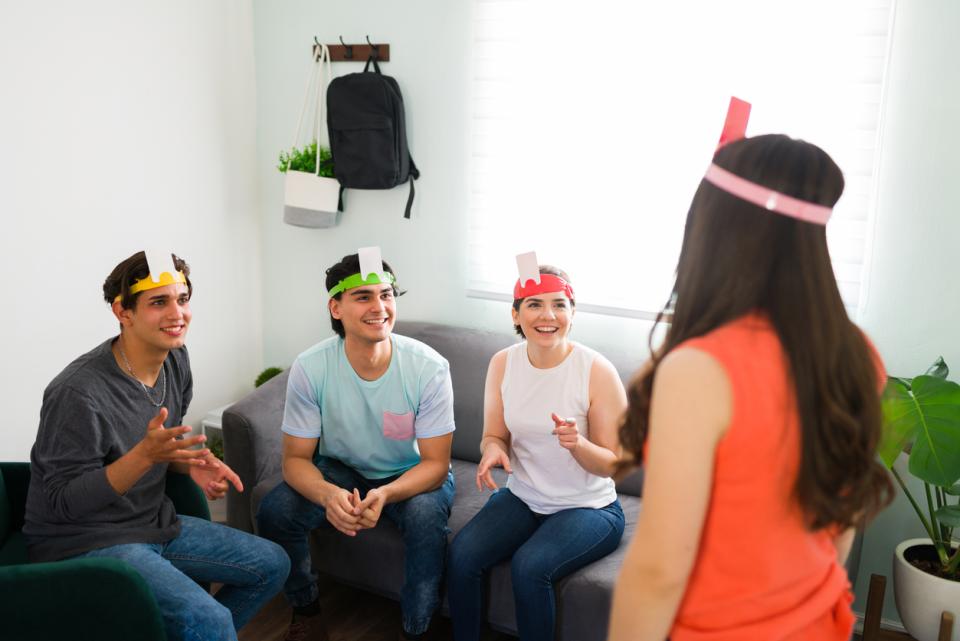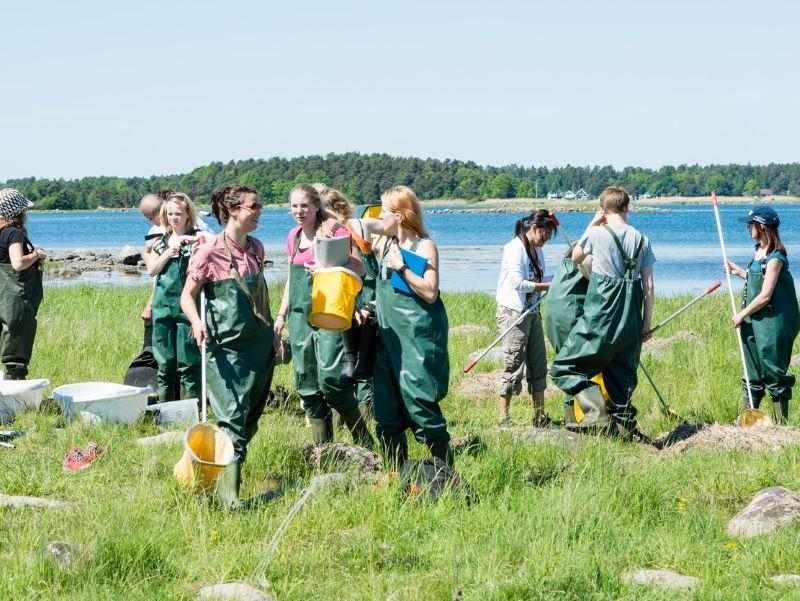The next generation of leaders and managers must be equipped with skills to address the challenges of the 21st century. This presents a challenge to business educators to prioritise innovative and impactful pedagogies that question the status quo of business education. Learning through play, a well-established approach that fosters holistic skill-set development in young learners, is one solution. We’ve found that the principles of hands-on, engaging experiences can be applied to business school education to create impactful environments that prepare students to be responsible leaders.
The Principles for Responsible Management Education (PRME), an initiative founded in 2007 and supported by the United Nations, has partnered with the Lego Foundation to adapt the lessons learned from early childhood education research to develop the Impactful Five (i5) Pedagogy. It has five characteristics: make learning meaningful, foster joy and well-being, develop supportive social interaction, facilitate active engagement, and design for iteration.
These methods, accompanied by practical examples, are designed to empower students and transform their learning experiences. Here are ways you can start using them today.
Make learning meaningful
Educators should create meaningful learning experiences that value students’ knowledge, skills, mindsets and experiences. Encourage critical reflection and exploration of beliefs and theories by developing a pre-course survey to better understand what students care about. With this baseline understanding, you can integrate relevant topics into the curriculum to engage students and make the learning journey more personal to them. To foster a genuine and meaningful learning environment, be transparent and authentic with your students. Share personal stories about yourself.
You can also be a role model in your classroom, demonstrating competencies of good leadership in observable ways. Readings and lessons are good opportunities to uncover values, norms and biases in ourselves, the class and society.
Foster joy and well-being
Encourage students to embrace a wide range of emotions in the classroom. Equip students with tools for understanding themselves and others by incorporating practices such as journalling that celebrate students’ emotions and develop lifelong skills for overall wellness. Embrace the full spectrum of the human experience in developing responsible leaders by implementing a variety of assignments such as simulations that allow students to represent different actors within a system, make decisions and examine the effects of their own and others’ decisions on the system.
Board games or improv theatre are ways to infuse fun, surprise and enthusiasm into the classroom experience. You can help students forge connections between the classroom and the interconnections of our world by discussing relevant news headlines and events.
Develop supportive social interaction
As educators, we should strive to create a community where students can engage with each other in healthy and productive ways. Encourage brave engagement with controversial topics and difficult conversations by using frameworks such as the four agreements of Courageous Conversations about race.
Allow students to connect with different cultures, disciplines and perspectives by organising opportunities for students to meet inspiring grass-roots pioneers, explore community challenges and visit exemplary work centres that embody social responsibility.
- How business schools could lead the charge to revive faith in higher education
- Ease students’ climate anxiety by encouraging climate action
- Transformative change is needed to deliver Earth-centred education
Facilitate active engagement
Active engagement leads to focused attention and immersive experiences that foster flow states where the student’s attention is completely absorbed in a task, enhancing learning outcomes, motivation and development. You can promote student action and expression in the business classroom by designing activities that ask students to manoeuvre in their physical environment. For example, they can use dance for sense-making, take action in their neighbourhoods, visit places of interest or simply use their bodies for expression. Build activities and experiences that energise students to engage with the course content in abstract or physical ways. For example, create an assignment where students work in teams to run a fictional business and are tasked with making ethical and responsible operational and leadership decisions to improve the company’s sustainability and performance. Meanwhile, building networks between students and the business and civil communities can help them to see problems through different lenses.
Design for iteration
Learning is a cycle of action, feedback and reflection. Design activities that allow for experimentation and students trying different concepts, making mistakes and receiving feedback. You can promote cognitive flexibility and adaptive responses to complex challenges by encouraging students to look closely at an everyday object or system, such as a smartphone or a neighbourhood rubbish collection, and explore its parts, purposes and complexities. To get started, design messy, non-traditional learning pathways to encourage students to feel more comfortable in uncertain environments. For example, task students with improving a dysfunctional supply-chain process or developing a toy with sustainable materials. Rather than jumping to a final solution, the students will need to consider the user needs and develop an initial idea draft that can be shared for piloting and feedback. Be sure to revisit topics and scenarios over time to reveal the evolution of understanding and questioning.
Application of the i5 methods might look different in every classroom. You can find even more examples of best practice in the PRME i5 Pedagogical Playbook from 18 academics in the PRME community that participated in the pilot programme.
Five thoughts on play pedagogy
Some final thoughts to consider when you’re adapting this new pedagogy to your business school classroom are:
- Identify what priorities and values are central to your classroom. Do they challenge your students to think outside the box?
- Bring social, economic and environmental issues into class activities. This will allow students to develop their worldview.
- Create a hands-on and minds-on space for creative knowledge exchange. How can you empower students to seek opportunities beyond the classroom?
- Foster responsible leadership and advocate for the SDGs. As educators, we can lower the barriers to success by connecting students with real-world activists, leaders and change-makers.
- Bring multi- or trans-disciplinary perspectives into your lessons. Consider how you can add layers of diversity, systems change, design thinking or digitalisation.
Meredith Storey is the senior manager for the Principles for Responsible Management Education – UN Global Compact.
If you would like advice and insight from academics and university staff delivered direct to your inbox each week, sign up for the Campus newsletter.




comment